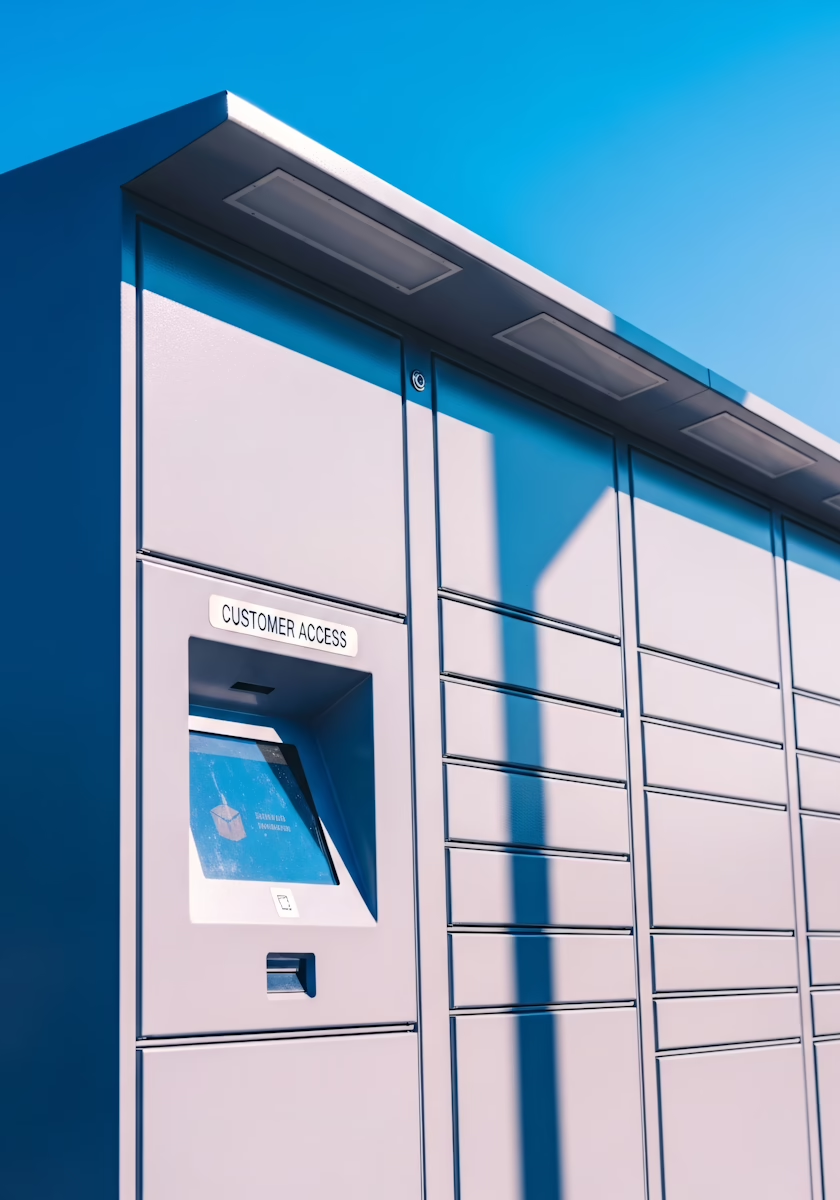
It’s never easy being a small business owner. Carrying the full weight of job creation and the overall economic momentum of the United States is no mean feat. Every day, entrepreneurs, shop owners, manufacturers, restaurants, and coffee shops put in their day’s work that keeps the wheels of industry and commerce in motion. What is truly baffling, in particular with this perspective in mind, is that access to credit which serves as the lifeblood of many small to medium business owners (SMBs) is complicated to obtain. However, according to Fundbox CEO Eyal Shinar, many SMBs are eschewing access to traditional sources of funding to drive their individual growth and gain more influence and market reach within their respective industries.
While current research and readings of the small business optimism index were a bit off in April of 2017, it was also the sixth month of continued high levels of optimism that far outstrip anything that has been seen in decades. That being said, only about 9% of small businesses typically express interest in applying for traditional lines of business credit. Why, if optimism in the future of small business is trending at all time highs are SMBs so reluctant to apply for lines of credit? According to Shinar, it is primarily caused by the lines of credit that are being extended. Only 15-20% of SMBs who apply can gain approval for the full amount for which they applied.
The problem that is driving this trend is the pre-qualification process for traditional lenders, most of whom go over every detail of an SMB with a fine-tooth comb. If an SMB doesn’t meet their criteria often don’t even make it far enough in the process to have their actual application denied. Because of these restrictions and regulations on lending for small businesses that struggle to meet lending criteria, many of them have been forced to turn to revolving lines of credit such as consumer credit cards. However, even these lines of credit can be difficult to secure, often requiring SMBs to tie up significant amounts of cash reserves to qualify for and receive company credit cards. The problem with this model of lending is that businesses cannot pay salaries with said credit cards, and many of their suppliers and vendors also do not accept credit cards as payment either. While 46% of most SMBs still turn to personal lines of credit to make ends meet and stay in business. A further 50% are still searching for alternative means of funding, but despite this massive demand, there is little to be found in the overall lending marketplace.
Further alienating SMBs is the traditional lending practice of extending personal lines of credit with the business securing said credit as collateral. Worse still, many lenders are only willing to extend business lines of credit for no less than $1 million, far outstripping the overall valuation or net worth of the average small business just starting out. Even at smaller lenders, applying for amounts lower than $150,000 would be too small an amount to consider extending credit. Add to this the traditional lending practice of requiring businesses to maintain a certain amount of money on their balance sheet, and the number of opportunities for SMBs to acquire more lines of credit grows smaller still. These reasons are why organizations like Fundbox prove to be indispensable to SMBs looking to secure lines of credit.
Rather than simply run a personal credit history, Fundbox collects and shares financial and business data with small businesses that are used as the criteria for lending. The average line of credit extended at Fundbox is rough $10,000, and lines of credit increase based on business performance metrics reviews that are made every few months. These more relaxed criteria that update in real time based on how a business thrives and continues to grow allows both lenders and borrowers to control the amount of risk involved in lending. SMBs can cover their payroll, continue to grow and expand their business, and not have to worry about affecting their personal credit rating. Best of all, even SMBs who are initially declined for Fundbox’s lending model can be approved for credit several months later after an automatic performance review.
All in all, access to credit for SMBs remains a significant uncertainty despite the necessity of their growth and expansion for the economy to establish and continue an upward trend. The good news is that more and more lenders like Fundbox are starting to approach business credit from a different point of view, providing SMBs with easier access to lines of credit that help them prosper. As small businesses are the backbone of our economic future, their growth is America’s growth. Thanks to financiers like Fundbox, a bright future is less uncertain for SMBs.
Commercial Collection Topics
- Cash Handling Policies and Procedures Company's cash accounts are vulnerable to embezzlement and fraudulent activity, cash controls are critical to monitoring credit, collections, ...
- Business Bankruptcy Protection Discusses Creditor Reclamation Demand when debtor files for bankruptcy or is determined to be officially insolvent....
- Debtor in Possession: What it Is and How it’s Used A Debtor in Possession must keep meticulous financial records. If the court or creditors find that court orders aren’t being...
- And the Debt Collection Award Goes To… In the spring of 2017, a judge placed a restraining order that barred the federal government from contracting with debt...















